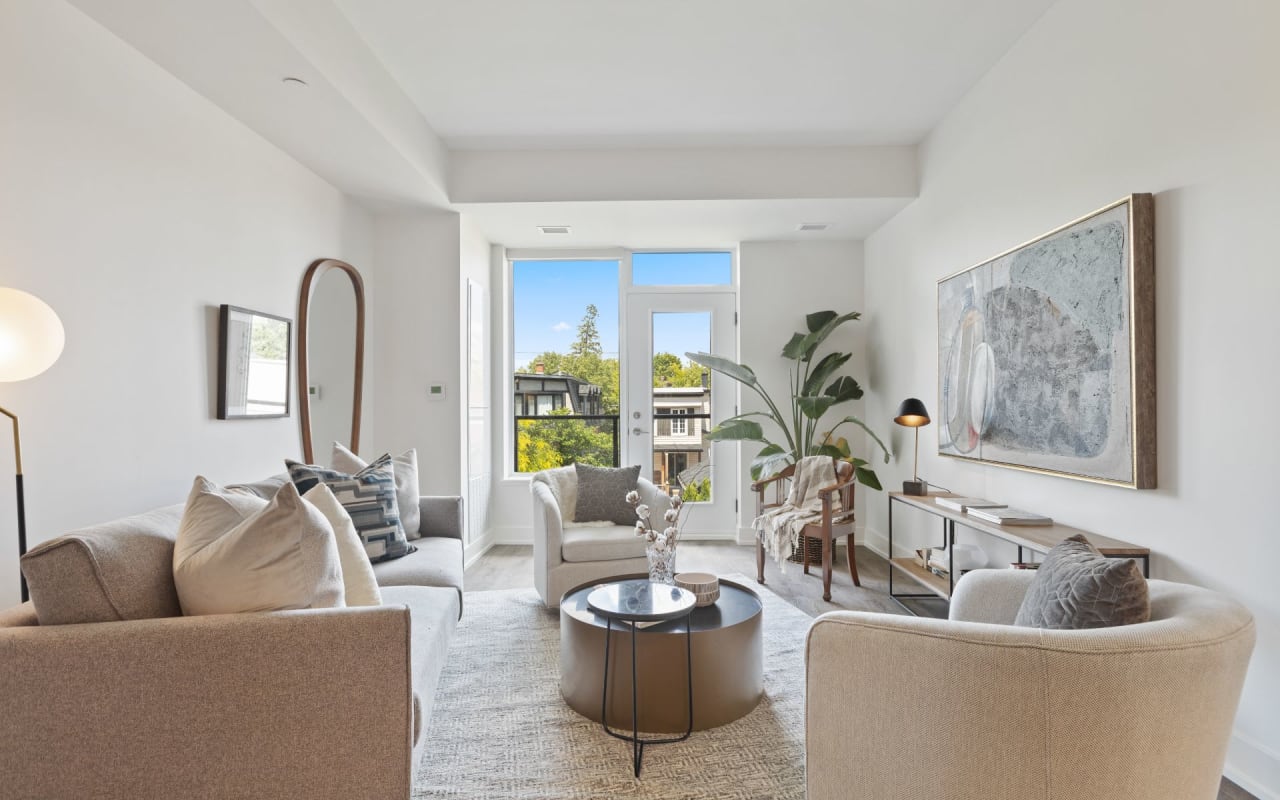The choice between buying an existing home and building a new home is a big one. If you are waffling, consider these pros and cons of each. (Skip ahead for a bit on spec homes.)
Building a new home.
PROS
When you build a home, it is brand new. That’s a major plus for a lot of people. It’s yours. Don’t have to worry about how someone designed, renovated or treated your home over the years.
When you work with an established home builder, the company typically gives you a 1-year bumper-to-bumper warranty and a 10-year structural warranty.
When you build a house from the ground up, you also get the house you want from the get go. You have chosen all the details, so there is no need for modifications after you have moved in.
When you build in a newer development, you also have a good idea of the type of residents living there or the types of people to whom the neighborhood is being marketed. Newer neighborhoods haven’t had time to mature and change, so their makeup is often more predictable than an older neighborhood.
Building is the best option if you want to get exactly the home you want — as long as you know what you want. If you’re indecisive about tiles, colors, fixtures and all those other little details, you’ll need to reconsider.
Cons
Depending on the neighborhood in which you are building, you may be living in a construction zone for months on end. Don’t be surprised if you get a few nails in your tires, dirt and mud tracked into your new home and unwelcome construction noise waking you in the mornings. Although, if you have little kiddos under your roof, they will love seeing the Bobcats and bulldozers.
You may also suffer from lack of shade and lush views as newer communities lack mature trees and landscapes compared to established ones.
Depending on how long you plan to live in the house, you might come up against a challenge when you want to sell. For example, if you want to sell your house when your neighborhood is still being built out, the builder may be much more competitively priced and flexible than you can be. The builder may be able to offer customizing options that you can’t. Finishing a basement, knocking out a wall or putting in the floors a buyer really wants is much easier for a builder.
Risk can also arise if the area in which you are building has undeveloped land around it. The farmland next door that a family has owned for 75 years might be sold, and you could be having backyard barbecues next to a big-box store or development of homes priced much lower than your home. This can greatly affect value of your home. New neighborhoods often take from two to five years to complete.
Buying an existing home.
Pros
When you buy an existing home, it’s ready to move into pretty much immediately. Right after the closing, you typically have keys to your “new” house and can begin moving in furniture and boxes to make yourself at home.
If it’s an established neighborhood, you already have mature landscaping and trees to enjoy. You have a very good idea what your view outside every window will be one, five, even 20 years from now.
Buying a home in an older neighborhood reduces your risk that a music center, industrial facility or other unsavory neighbor will move in. If you’re surrounded by homes, you’ll likely stay that way well into the future.
Established streets and areas of town also have reputations. You can ask around to get a good idea of what a neighborhood is like. Look for minivans, sedans, jungle gyms, cornhole sets and fire pits as tell-tale signs. Based on some light research, you can make good guesses whether your potential neighbors are mostly empty nesters, parents of young kids or another group.
If diversity in your neighborhood is important to you, you can often get more in an older neighborhood where families have moved in and out through the years, and home prices vary.
If freedom to personalize your space is high on your list, a home in an established area is typically privy to fewer neighborhood covenants and restrictions. Now, there are many existing neighborhoods with covenants and restrictions. Pick one that works for you.
Cons
In some areas, building isn’t even an option, so if you love a neighborhood but don’t love any houses on the market, you are out of luck. Buying an existing home can feel like a waiting game to find just what you want, and then a scramble to jump when the perfect house is listed.
If you have aspirations of extending your landscaping or adding on to your house, you are probably out of luck. In an older development, your lot is your lot. Unless you intend to buy out a next door neighbor, get comfortable with the space you have.
Older homes also suffer from wear and tear that a home inspection often doesn’t uncover or address. Unlike a brand new home, you aren’t going to get a builder’s warranty.
You can get a limited home warranty that covers major mechanical things, so there is an opportunity to feel peace of mind knowing it is available. One caveat: if the problem is deemed “preexisting,” warranties usually won’t cover it. There is a deductible, of course, and if contractor can’t repair it, they will replace it with a like existing product (an upgrade will cost you).
Buying a spec home.
Straddling the line between existing and new are spec homes or inventory homes in new developments. These can be a little different, offering some flexibility with choosing smaller details such as tile or countertops before you move in, but not major, structural changes.
With spec homes, the builder hopes that a buyer will come along who has a little time to spare. If you aren’t in a rush to move, like many purchasers of existing homes can be, but still want that new-home smell and cosmetic modifications, consider a spec home.
You traditionally will find good value in purchasing a spec home. Since these homes are built without a specific buyer in mind, you may have to live with a color combination you necessarily would not have chosen. However, you likely can receive good incentives (maybe a refrigerator or ceiling fans) to purchase this type of home.
Still can’t decide which kind of home is for you? Contact us to help you make the right decision for your lifestyle and needs.





